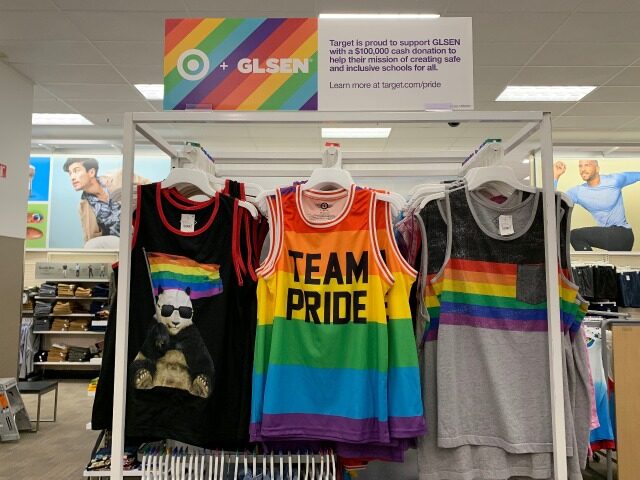U.S. households are managing their budgets very carefully tightening up their spending—including on groceries, Target chief executive Brian Cornell said in an interview with CNBC’s Becky Quick.
“They’re buying less stuff, even within food and beverage,” Cornell said.
Retail spending has increased over the past year. Retail spending at general merchandise stores is up two percent over the past year, according to the U.S. Commerce Department. Spending at grocery stores has increased 1.6 percent—but prices have increased by even more, rising 2.4 percent from a year ago.
“When you look at overall retail spending—just look at the top line—a really healthy consumer. And they are spending. But even in food and beverage categories, over the last few quarters, the units, the number of items they’re buying, has been declining,” Cornell said.
Cornell said the company has seen seven consecutive quarters of both dollars and units declining in discretionary categories. Over the past 12 months, the consumer price index that tracks goods excluding food and energy has been flat. In the year before, however, prices rose 5.1 percent, so many customers are still reeling from high inflation.
“So you are buying less apparel, less items for your home, fewer toys,” Cornell said.
While inflation is putting stress on household budgets, Target sales have also been hurt by widespread backlash against the company’s 2023 children-and-family themed LGBT Pride campaign. Sales dropped by more than 5 percent in the second quarter. Although the company did detail how much of that decline was due to the Pride backlash, it did say it was significant enough to hit earnings.

COMMENTS
Please let us know if you're having issues with commenting.